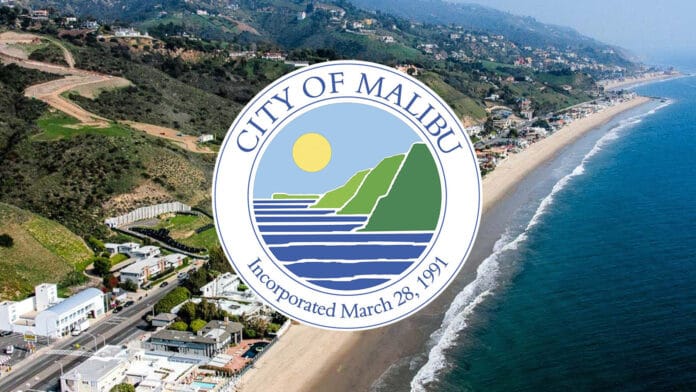Last Thursday, at a special meeting, the Malibu City Council came together to discuss only one agenda item: the topic of Alternative Sleeping Locations (ASLs) for the unhoused. The historically divided council voted unanimously 4-0 to take action on this deeply dividing city issue (Councilmember Karen Farrer was absent).
The motion voted on was to “Direct the Homeless Taskforce to adopt the primary plan to pursue an ASL outside Malibu, not using Malibu money.” That last part meant that they would like to apply for grants or government funding rather than spend city money.
With this decision, the ASL will be delayed until outside funds are obtained.
Current laws state that the city cannot legally arrest homeless individuals for sleeping on public property. However, if the city has an official indoor “alternative sleeping location” to offer, law enforcement can give that unhoused person the choice of moving somewhere else on their own, possible arrest, or being transported to the city’s ASL. This would all be part of enforcing the anti-camping ordinance.
The 2009 Martin vs. Boise Ninth Circuit Court of Appeals ruling, which was upheld later by the U.S. Supreme Court, held that cities could not enforce anti-camping ordinances on public property with persons experiencing homelessness if there is no indoor shelter for them to go to. Otherwise, it amounts to punishing people for being homeless.
Bill Winokur, the vice-chair of the task force, explained that an ASL is “not necessarily a large shelter.” It could consist of multiple-family dwellings, some type of centralized facility, or renting a guaranteed number of beds in the homeless facilities of other communities.
The justification for obtaining an ASL outside of Malibu is that it’s in the interest of public safety, and that other communities have better services for the unhoused in terms of access to medical facilities, jobs, affordable housing, and transportation.
Public Safety Director Susan Duenas cautioned that this is not a stealth operation — other jurisdictions need to be a partner in the effort to locate an ASL in another city. Malibu needs to be transparent and reach out about what it’s doing so there are no surprises.
Task force member Kelly Pessis claimed that an ASL could not just be a sleeping facility — that it needs to be staffed with social services, medical doctors and counselors, and claimed that Malibu was not in a position to offer any of this.
However, local Kay Gabbard, a long-time homeless advocate, pointed out that many of Malibu’s homeless are already connected to these services through The People Concern’s two full-time outreach workers in Malibu, and the medical doctors and psychiatrists from the Venice Clinic that do weekly fieldwork in Malibu.
“They already have services that they are connected to.” she said. “Moving them to another location disrupts the services they’re already getting from Venice Family Clinic, etc.”
The Malibu liaison from the Lost Hills Sheriff’s Station, Lt. Chad Watters, noted that in his experience in the Lancaster area, “homeless shelters without services just become [flop houses] that attract the homeless.” He was in favor of finding ASLs somewhere outside Malibu.
Mayor Pro Tem Bruce Silverstein stated that he felt any help given to the unhoused amounts to enabling them.
“I’m opposed to Malibu spending one dime to help the homeless unless they’re actually from Malibu,” Silverstein said.
As an attorney, Silverstein stated that he could challenge the courts and win a different legal interpretation of the Martin v. Boise case. He invited the public to watch his YouTube video on the subject.
Silverstein also stated that he believes “the majority of Malibu residents don’t want an ASL here.” This understanding is based on the people he talks to; no official survey has been completed at this time.
The Homeless Task Force will evaluate what options are available for an ASL outside of Malibu, then report back before implementing anything.

